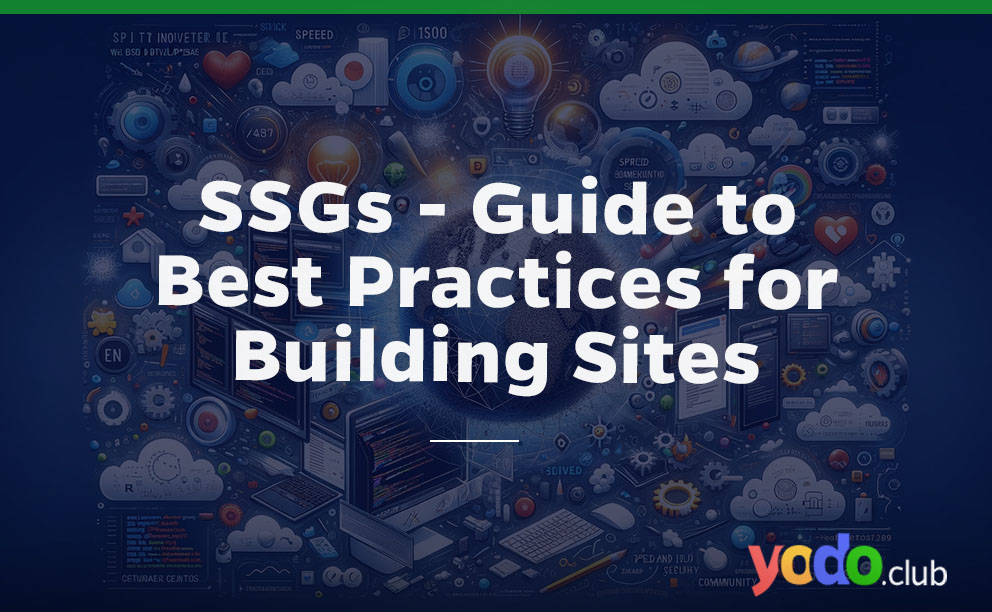Technical SEO helps the search engine to crawl and index your website to increase the Google ranking and drive traffic effectively.
You’ve established a keyword strategy, put money into content marketing, and created a solid backlink profile. Keyword research and specialized marketing are also skills you’ve mastered. So, why isn’t your website doing as effectively as it might be?
Technical SEO issues might derail your search marketing aims. It’s thought to be beyond the team’s mandate; therefore, it’s often the last item search marketers tackle. Failure to fix technical SEO issues, on the other hand, might result in a drop in ranks, poor engagement metrics, and crawl errors. Your website may be removed entirely from search engine results pages due to this.
Continue reading if you want to learn the fundamentals of technical SEO and construct an action plan that won’t waste developer time and will help you increase your site’s ranking.
Let’s understand Technical SEO first.
Technical SEO ensures that the website fulfills the technical requirements of the search engine to improve its ranking.
Its essential elements include:
- Indexing
- Crawling
- Rendering
- Website Structure
Table of Contents
High-Quality Content
The content needs quality and valuable information. It is possible that creating pages without useful stuff can come back to harm you. Creating quality content aims to keep the users busy on the page, decrease bounce rate, and deliver helpful information to the end-user.
For today’s SEO, high-quality content pages must be more than simply well-written and long-form. To have a significant presence in SERPs, they must also consider the following factors.
Avoid Duplicate Content
Content that appears on many pages on the same domain or across domains is considered duplicate content. It’s not malicious, and it won’t result in a Google penalty, but it still has to be fixed. In addition, because crawlers won’t know which version of a webpage is the original or canonical page, they won’t say which SERP result to show.
When this happens, your site may receive a lower ranking than it deserves or may remove it entirely from search results pages.

Use of Keywords
Although keywords research does not impact the ranking, it helps create high-quality content. Today, keywords provide help in content creation.
Consider synonyms, long-tail keywords, and keywords that relate to the topic. That way, you can make keyword usage a priority.
Mobile-friendly Website
In a nutshell, mobile-first indexing refers to how Google crawls and indexes your website. So, for example, if you have a particular mobile website instead of the desktop version, the URL of your mobile site will be indexed and utilized for ranking.
There is no specific mobile-first index, to be precise. Instead, Google crawls and ranks material that comes directly from your website’s mobile edition.
Improve your Site Architecture
Site architecture is an integral part of the user experience and significantly influences SEO. Site architecture may assist search engine crawlers in locating more pages on a website and helping consumers find what they’re searching for through improved website navigation. In a nutshell, your websites should be effortless to navigate.
The layout of all pages and navigation should be as simple as feasible.
A user should find any page on a website in three to four clicks. While this isn’t always achievable on massive sites, there are techniques to assist visitors in searching for and finding pages inside the site to guarantee they discover what they’re looking for.
Work on Page Speed
If a webpage takes longer than three seconds to load, 40% of users will quit it. Those bouncing users all send search engines incrementally unfavorable signals about the quality of your site, making it more difficult for it to be ranked in results pages.
On the other hand, slow loading does not bode well simply because of bouncing users. Google revealed in 2010 that page speed is a direct ranking indicator. Therefore, fixing a slow-loading site should focus on technical SEO campaigns.

Create A Secure Website (HTTPS)
The Hypertext Transfer Protocol (HTTP) was once utilized by servers (HTTP). The technology was quick and easy to use, but it was not secure. Therefore, it is preferable to use HTTPS, a system with an additional protocol on top. SSL (Secure Sockets Layer) is a new technology that encrypts data and delivers it securely across the internet.
Google started using HTTPS as a ranking element in 2014, and while it’s only a slight impact, it’s a good idea to protect consumers’ data. According to GlobalSign, 84 percent of users exit a site if they are insecure.
Structured Data Markup
Information about your site or individual pages nicely arranged in a database is structured data. This structure makes it easier for search engines to parse the data quickly. In addition, structured data enhances your chances of ranking in SERP features like rich snippets, which may lead to higher click-through rates from search results pages to your website.
Schema
Another “hidden” component of a website is schema markup, which tells search engines more about your content.
Search engines can quickly recognize important content on a page thanks to schemas. Google uses schema markup to show rich snippets in search results, making it an essential aspect of SEO.
Find Errors
Finding and resolving existing site issues is an easy way to get started. Crawlers may not index your sites effectively or, in the worst-case situation, not at all due to technical problems. The initial step in every technical SEO operation is to clean up these problems.
Final Thoughts
In short, technical SEO helps the search engine crawl and index your website to increase traffic. Furthermore, a technically sound site is easy to use, crawl, index, and load rapidly. Therefore, it allows more customers to stay for a longer time on your website.
That’s the ultimate goal of technical SEO.






 & Passion.
& Passion.